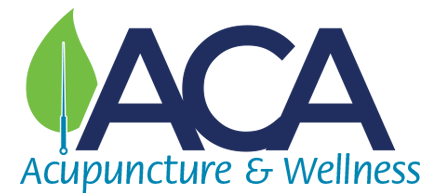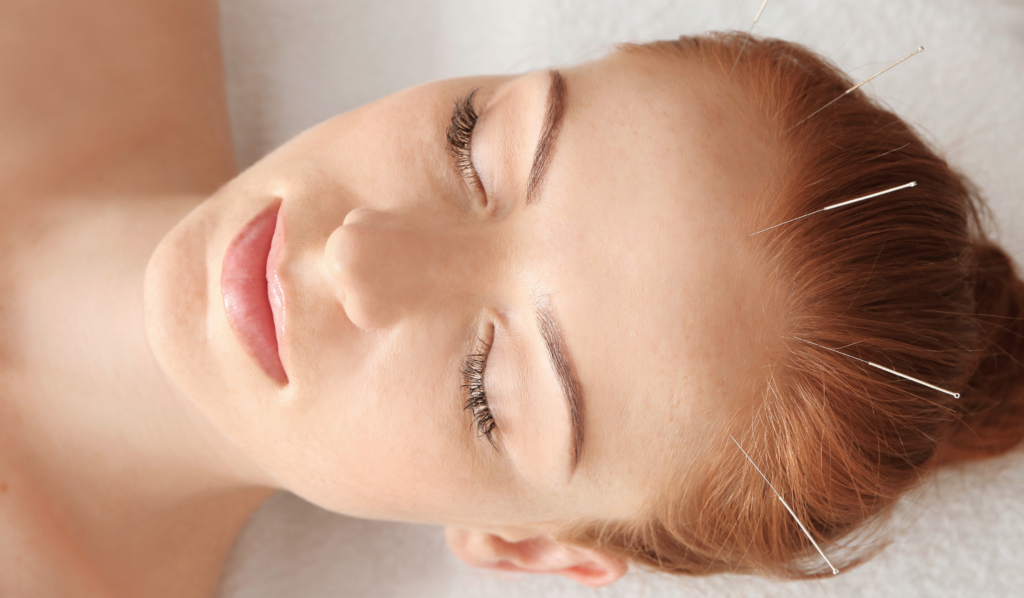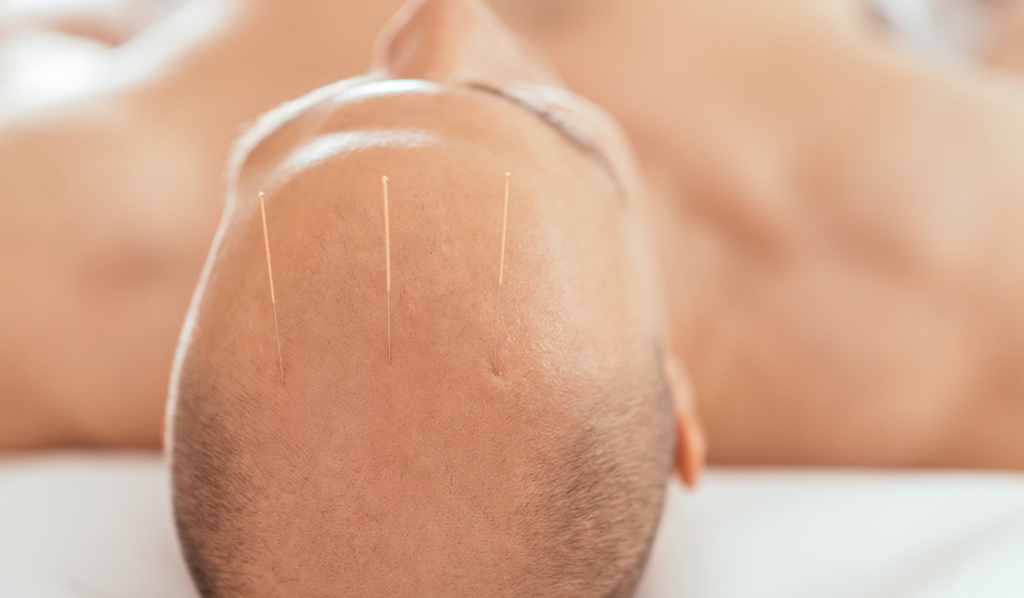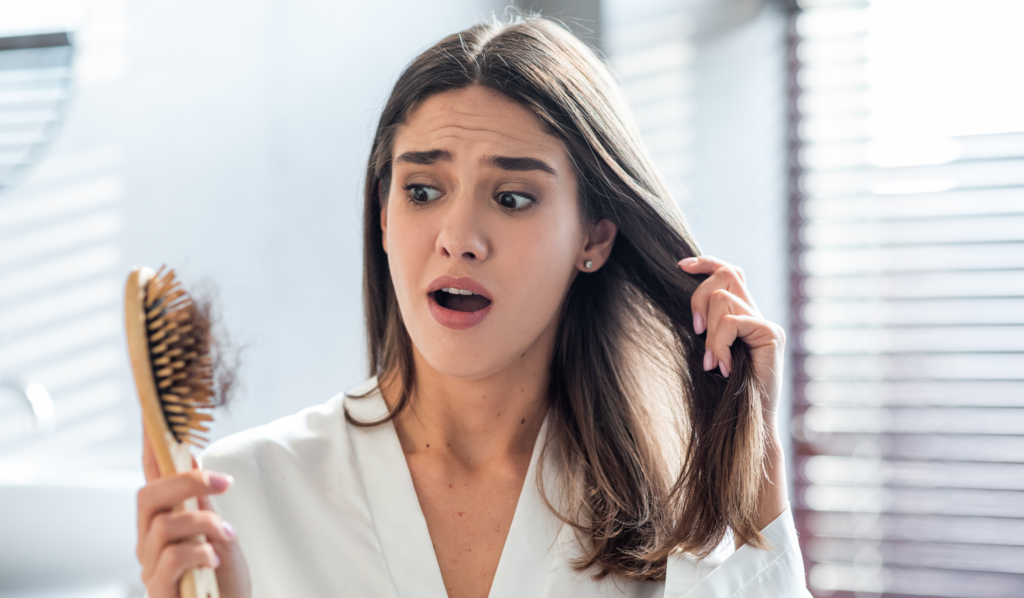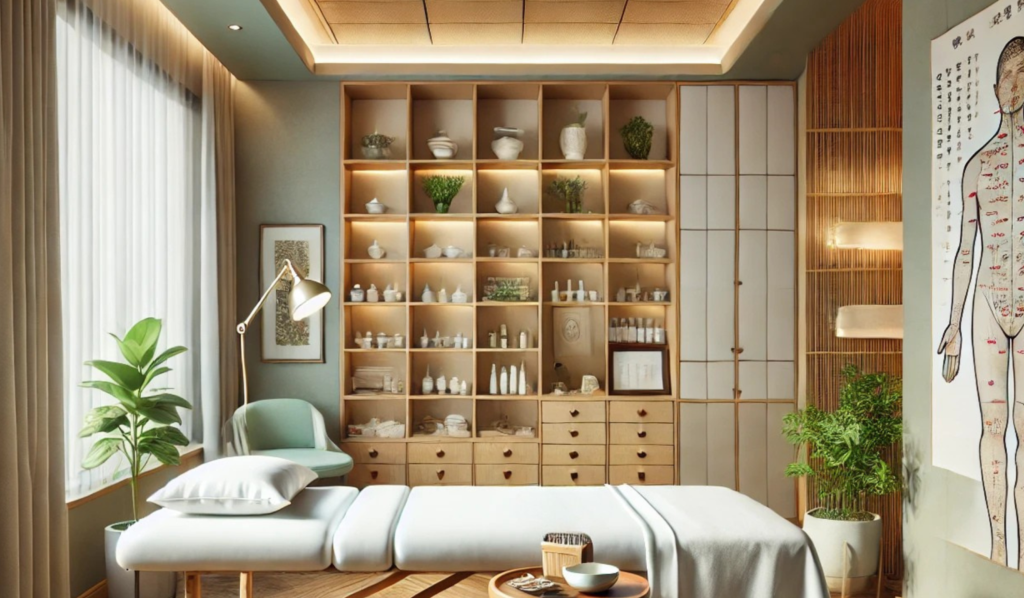Acupuncture for Hair Loss: How Traditional Chinese Medicine Supports Hair Growth
Hair loss is more than just a cosmetic issue; it can affect confidence, self-esteem, and emotional well-being. Whether you are dealing with a receding hairline, overall thinning, or sudden bald patches, watching hair shed can be frustrating and disheartening. While conventional treatments often focus on external solutions like medicated shampoos, topical treatments, or medications, acupuncture offers a natural, holistic approach that works from the inside out.
Traditional Chinese Medicine (TCM) believes that hair health is a reflection of overall well-being. If there are imbalances in the body—whether due to poor circulation, hormonal fluctuations, or stress—hair follicles can weaken, leading to hair thinning or loss. Acupuncture aims to restore balance by improving blood flow, regulating internal energy (Qi), and stimulating the body’s natural healing processes. This time-tested therapy may help both men and women experiencing hair loss regain stronger, healthier hair.
Key Takeaways
- Acupuncture for Hair Loss works by restoring balance to the body, improving blood flow to the scalp, and supporting stronger, healthier hair growth naturally.
- In Traditional Chinese Medicine, hair health is deeply connected to the vitality of the Kidneys, Liver, and Blood; acupuncture nourishes these systems to address root causes of thinning or shedding.
- For women, acupuncture helps balance hormones, support postpartum recovery, and improve nutrient absorption to strengthen hair from within.
- For men, acupuncture may slow the progression of male pattern baldness by improving scalp circulation and balancing hormones linked to DHT production.
- Combined with herbal medicine, stress management, and good nutrition, acupuncture provides a holistic, drug-free way to maintain hair health and prevent future hair loss.
Understanding Hair Loss in Traditional Chinese Medicine
Traditional Chinese Medicine does not see hair loss as an isolated issue but rather as a symptom of deeper imbalances within the body. The health of the hair is closely linked to the health of the blood, kidneys, and liver. When any of these systems are weakened or blocked, hair growth may slow down or stop altogether.
Blood Deficiency and Poor Circulation
Hair follicles need a constant supply of oxygen and nutrients to stay strong and support healthy hair growth. In TCM, blood is believed to nourish the hair, and when there is a deficiency, hair may become thin, brittle, and more prone to falling out. Poor circulation can prevent essential nutrients from reaching the scalp, weakening the follicles over time. Acupuncture helps by increasing blood flow to the scalp, ensuring that hair follicles receive the nourishment they need to grow stronger and healthier.
Kidney Deficiency and Aging
The kidneys play a crucial role in TCM as the storehouse of Jing, or essence, which is responsible for overall vitality and longevity. When kidney energy declines due to aging, stress, or overwork, hair may begin to thin, turn gray, or fall out. This is particularly common in men experiencing male pattern baldness. Acupuncture supports kidney function, helping to restore Jing and slow down age-related hair loss while strengthening the body’s ability to maintain hair growth.
Liver Qi Stagnation and Stress
Emotional stress and anxiety can block the natural flow of Qi (energy) in the body, leading to liver qi stagnation. When liver energy is not flowing freely, blood circulation to the scalp may be reduced, leading to increased shedding or slow regrowth. Acupuncture is well known for its ability to reduce stress, calm the nervous system, and promote emotional balance. By improving liver function, acupuncture ensures that blood flows efficiently to the scalp, supporting healthy hair regrowth.
Excess Heat and Dampness in the Scalp
Some types of hair loss are associated with excessive heat or dampness in the body, which can lead to inflammation, scalp irritation, or oil buildup. Conditions like dandruff, excessive scalp oiliness, and clogged hair follicles can weaken the hair roots, making them more prone to falling out. Acupuncture helps to clear heat and dampness, reducing inflammation and detoxifying the scalp so that hair follicles can function optimally.
Acupuncture for Thinning Hair of Women
Hair thinning in women often occurs gradually, making it harder to notice at first. Unlike men, who may develop distinct bald spots, women often experience diffuse thinning across the scalp, leading to a widening part or a loss of volume.
Hormonal Imbalances and Hair Thinning
Women experience significant hormonal changes throughout their lives, including pregnancy, postpartum recovery, menopause, and conditions like polycystic ovarian syndrome (PCOS). These fluctuations can disrupt the hair growth cycle, leading to increased shedding or slower regrowth. Acupuncture can help regulate hormone levels by balancing estrogen, progesterone, and testosterone, allowing the body to maintain a stable and healthy hair growth cycle.
Postpartum Hair Loss and Recovery
Many new mothers experience hair shedding after giving birth due to shifts in hormone levels. This condition, known as postpartum hair loss, is temporary but can still be distressing. Acupuncture can help speed up the recovery process by improving circulation, reducing stress, and restoring balance to the body’s energy systems. By supporting overall health and nourishing the scalp, acupuncture helps new mothers regain thicker, healthier hair after childbirth.
Nutritional Deficiencies and Hair Weakness
Women are more likely to experience iron deficiency, anemia, or inadequate protein intake, which can all contribute to hair thinning. Acupuncture enhances digestion and nutrient absorption, ensuring that the body can properly process and distribute essential vitamins and minerals to the hair follicles. When combined with a well-balanced diet, acupuncture can improve the strength, thickness, and texture of the hair.
Acupuncture for Baldness of Men
Male pattern baldness, also known as androgenetic alopecia, is one of the most common forms of hair loss in men. While genetics play a role, TCM suggests that kidney essence deficiency, excessive heat, and poor circulation can accelerate hair thinning and baldness.
Slowing Down Hair Loss Progression
Acupuncture may not completely reverse baldness, but it can help slow down the process and preserve existing hair. By stimulating the scalp and increasing blood circulation, acupuncture keeps hair follicles active for longer, delaying the onset of bald spots and thinning areas. When started early, acupuncture may help men maintain a fuller head of hair for a longer time.
Reducing DHT Accumulation
Male pattern baldness is linked to high levels of dihydrotestosterone (DHT), a hormone that shrinks hair follicles and shortens the hair growth cycle. Acupuncture helps regulate testosterone levels, reducing the excessive conversion of testosterone into DHT. By balancing hormones naturally, acupuncture supports hair regrowth while minimizing further hair loss.
Strengthening the Scalp and Hair Follicles
Weak hair follicles are more prone to falling out, especially in areas like the hairline and crown. Acupuncture strengthens the scalp, improves circulation, and stimulates hair growth in thinning areas. When combined with herbal treatments and proper scalp care, acupuncture can help revitalize weakened follicles and encourage new hair growth.
Where Is the Acupuncture Point for Hair Loss?
Acupuncture points for hair loss are carefully chosen based on the individual’s needs, but several commonly used points have been found to support hair regrowth.
Baihui (DU20) – The Crown Point
Located at the top of the head, Baihui is one of the most important acupuncture points for improving blood circulation to the scalp. Stimulating this point enhances energy flow and oxygen delivery to the hair follicles, promoting stronger hair growth.
Sanyinjiao (SP6) – The Hormone Balancer
Found on the inner leg above the ankle, Sanyinjiao is used to regulate hormones and improve blood circulation. It is especially beneficial for women experiencing hair thinning due to hormonal changes or stress.
Xuehai (SP10) – The Blood Nourisher
This point is located above the knee and is known for its ability to strengthen blood circulation and remove toxins from the body. Since hair health is closely connected to blood flow, stimulating Xuehai ensures that hair follicles receive the nutrients they need.
Fengchi (GB20) – The Stress Reliever
Positioned at the base of the skull, Fengchi is a powerful point for reducing stress and improving energy flow to the head. Chronic stress is a major contributor to hair loss, so stimulating this point can help restore balance to the nervous system and scalp.
Is Acupuncture for Hair Loss Safe?
Acupuncture is a safe, non-invasive, and natural treatment for hair loss when performed by a licensed and experienced practitioner. Unlike medications or surgical treatments, acupuncture does not involve chemicals or synthetic substances, making it an excellent option for those seeking a holistic and drug-free approach.
Minimal Side Effects:
Most people experience little to no side effects. Some may feel slight soreness, mild bruising, or temporary fatigue after a session, but these effects usually subside quickly.
No Risk of Dependency:
Unlike prescription medications for hair loss, acupuncture does not cause dependency or withdrawal symptoms if treatment is discontinued.
Safe for Most Individuals:
Acupuncture is suitable for both men and women experiencing various types of hair loss, including thinning hair, alopecia, and stress-related shedding. However, individuals with bleeding disorders or those on blood thinners should consult with a practitioner beforehand.
When performed correctly, acupuncture stimulates the body’s natural healing abilities, making it a low-risk and highly beneficial therapy for improving hair health.
How Long Does It Take for Acupuncture to Work on Hair Loss?
Acupuncture is not an overnight solution for hair loss, as it works by restoring balance and improving overall health. Most people start noticing results within a few months of consistent treatment.
- During the first four to six weeks, acupuncture improves scalp health, reduces inflammation, and enhances circulation.
- By the second or third month, hair shedding typically decreases, and new growth may become noticeable.
- After six months, hair becomes stronger, thicker, and more resilient, with continued improvements over time.
Regular sessions, combined with herbal medicine, proper nutrition, and stress management, yield the best results.
Are There Any Risks of Acupuncture for Hair Loss?
Acupuncture is generally considered a safe and natural treatment with minimal risks, but there are a few considerations to keep in mind.
Mild Bruising or Temporary Discomfort at Needle Sites
Some individuals may experience minor bruising, redness, or mild soreness at the acupuncture points. This is a normal reaction and typically resolves within a day or two. If you have sensitive skin or a tendency to bruise easily, inform your practitioner beforehand.
Fatigue or Lightheadedness After Treatment
Acupuncture sessions promote deep relaxation, and some people may feel lightheaded or fatigued immediately after treatment. It is recommended to rest for a short time before resuming daily activities. Staying hydrated and eating a light meal beforehand can help prevent dizziness.
Allergic Reactions to Herbal Supplements
Many acupuncturists combine acupuncture with Traditional Chinese Medicine herbal formulas to support hair regrowth. While these herbs are generally safe, some individuals may have allergies or sensitivities to certain ingredients. Always consult a licensed practitioner to ensure the herbs prescribed are suitable for your body type and health condition.
Needle Sensitivity or Fear of Acupuncture
If you have a fear of needles, acupuncture may feel intimidating at first. However, the needles used are extremely thin and cause minimal discomfort. Many people find the experience relaxing once they get used to it. If you are hesitant, talk to your acupuncturist about starting with fewer needles or using alternative methods such as acupressure.
What Is Acupuncture for Alopecia?
Acupuncture for alopecia is a specialized approach within Traditional Chinese Medicine (TCM) that focuses on hair loss caused by autoimmune conditions. Unlike general acupuncture for hair loss, which addresses thinning, hormonal imbalances, and poor circulation, acupuncture for alopecia specifically targets immune system dysfunction, inflammation, and sudden or patchy hair loss.
Alopecia includes conditions like alopecia areata, alopecia totalis, and alopecia universalis, where the immune system mistakenly attacks hair follicles. Acupuncture helps by regulating immune activity, reducing inflammation, and restoring Qi balance, particularly in the Kidney, Liver, and Spleen meridians, which are essential for hair growth. By strengthening these internal systems, acupuncture promotes a healthier scalp environment, encouraging hair follicles to recover and regrow hair naturally.
Recent research supports the effectiveness of acupuncture and moxibustion, a technique that involves applying heat to acupuncture points using dried mugwort. A 2022 study published in the Journal of Inflammation Research found that these treatments significantly improved hair regrowth in individuals with alopecia areata. The study highlighted how acupuncture and moxibustion enhanced blood circulation to the scalp, modulated immune system responses, and reduced inflammation in affected areas. Researchers also noted that the combination of acupuncture and moxibustion effectively stimulated hair follicle activity and increased hair density, making it a promising natural therapy for alopecia.
By improving circulation, reducing immune system attacks on hair follicles, and lowering stress levels, acupuncture creates an internal environment that supports healthy hair regrowth. When combined with herbal medicine, dietary adjustments, and lifestyle modifications, it can help restore lost hair and prevent further shedding. Acupuncture offers a holistic, drug-free alternative for individuals seeking to address alopecia naturally while promoting overall well-being.
Restoring Hair Health Naturally with Acupuncture
Hair loss can be a challenging and emotional experience, but acupuncture offers a time-tested and natural solution that works beyond the surface. Instead of relying on medications or invasive treatments, acupuncture stimulates the body’s healing mechanisms, improves circulation, reduces stress, and restores balance to the internal systems that influence hair growth. Whether you are dealing with thinning hair, alopecia, male pattern baldness, or postpartum shedding, acupuncture provides a holistic approach that nurtures both scalp and overall well-being.
With consistent treatments, many individuals experience stronger, healthier, and more resilient hair growth over time. By combining acupuncture with herbal medicine, dietary support, and stress reduction techniques, the journey to regaining hair health becomes more sustainable and deeply restorative. At ACA Acupuncture and Wellness, our skilled practitioners develop personalized treatment plans designed to address the root causes of hair loss while supporting your overall health.
If hair loss has been affecting your confidence, acupuncture may be the natural solution you have been searching for. Take the first step toward revitalizing your hair and well-being by scheduling a consultation with ACA Acupuncture and Wellness today.
Sources:
Li, A. R., Andrews, L., Hilts, A., & Valdebran, M. (2022). Efficacy of acupuncture and moxibustion in alopecia: A narrative review. Journal of Inflammation Research
Frequently Asked Questions
How does acupuncture help with hair loss and hair fall?
Acupuncture improves scalp circulation, strengthens hair follicles, and balances hormones to reduce excessive hair fall and promote healthy regrowth. It also relieves stress, which is a common trigger for hair shedding.
Can acupuncture regrow hair in bald spots?
Acupuncture may help stimulate hair regrowth in areas where follicles are still active. It is particularly effective for stress-induced hair fall and autoimmune-related alopecia, but results may be limited for long-term baldness where follicles are dormant.
Is acupuncture a permanent solution for hair loss and hair fall?
Acupuncture can reduce hair fall and encourage regrowth, but long-term maintenance may be needed, depending on the underlying cause. Some people may require occasional follow-up treatments to sustain results.
Can acupuncture prevent future hair fall?
Yes, regular acupuncture treatments, combined with a healthy lifestyle, stress management, and proper scalp care, can strengthen hair follicles and reduce excessive hair fall over time.
Is acupuncture for hair loss and hair fall painful?
Acupuncture is generally painless or mildly uncomfortable, as it uses very fine needles. Some people feel a slight tingling sensation or warmth at the points, but most find the treatment deeply relaxing.
How does acupuncture compare to conventional hair loss treatments?
Acupuncture focuses on correcting internal imbalances that contribute to hair loss, such as poor blood circulation, hormonal disruptions, and stress, while conventional treatments like minoxidil and finasteride primarily work by externally stimulating hair follicles or blocking hormones. Unlike pharmaceutical options that often come with side effects like scalp irritation, dizziness, or hormonal changes, acupuncture is a natural, drug-free therapy with minimal risks. It helps improve overall well-being, reducing stress and inflammation, which are key factors in excessive hair fall. While conventional treatments require continuous use to maintain results, acupuncture offers a long-term, sustainable approach by addressing the root causes of hair loss. Many individuals use acupuncture alongside conventional treatments to enhance effectiveness and reduce dependency on medications. As a holistic therapy, acupuncture not only supports hair regrowth but also contributes to better overall health and vitality.
Contact ACA Acupuncture & Wellness
Get in Touch
Newsletter Sign Up
ACA Franchise Opportunities
The over $4 billion US acupuncture market offers a great opportunity with over 10% annual growth rates and a continuing flow of new patients interested in the benefits of acupuncture.
